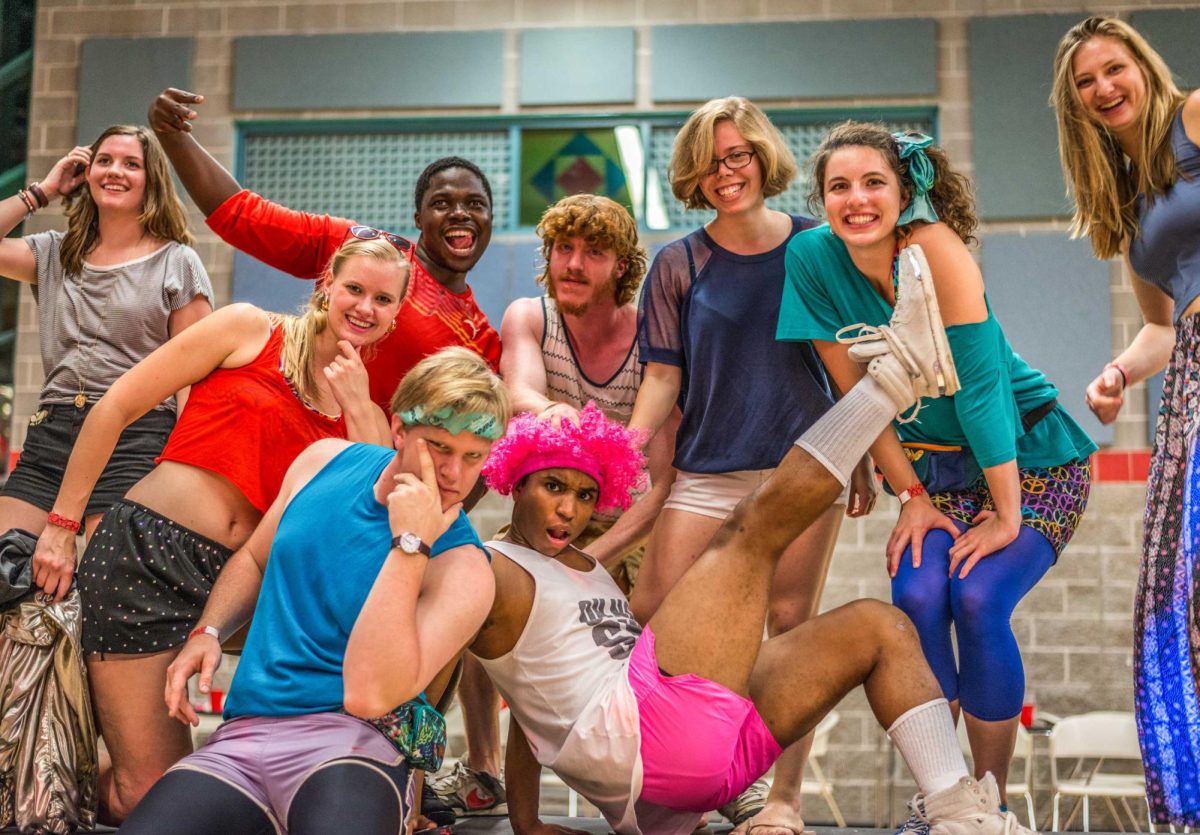Tucked into a small room to the right of the staircase in Burling Library is the Listening Room, where old films and documentaries are kept. Now, thanks to the work of students and staff, it is also home to an extensive exhibition devoted to the controversial and historic American opera Porgy and Bess.
Known for its all-black cast and portrayal of the poverty afflicting African Americans in the mid-30s, Porgy and Bess broke racial boundaries and stirred up racial tensions. It was responsible for the first desegregated opera performance upon the insistence of its two lead actors, and it sparked an article in Ebony Magazine about its pejorative depiction of African American people. Most of the versions of the film/opera are available to anyone in the Listening Room, including the 1959 film that has not been available in the United States for 50 years.
The music was composed by George Gershwin, the libretto by Dubose Heyward, and the lyrics by Ira Gershwin and Dubose Heyward. All composers being white men at the time, they faced opposition from people who thought that outsiders shouldn’t be allowed to reinforce stereotypes of the African American Community.
The nuances that contributed to creating an opera with such historical and cultural significance are explored in student-driven projects located in the Listening Room and on the first floor of the Burling Library. Students explored anything from the symbolism of various costuming choices to the dialectic language that is used throughout the opera. Succinct posters give an overview of the topics and emphasize their contribution to American society.
Susan Kikuchi ’11 researched the four women who have played Bess, discovering that each had a significant impact on desegregating the world of performance.
“I guess I learned about all the things they had to go through,” Kikuchi said.
Other displayed projects include “The Controversial Porgy and Bess Film,” “Controversies Using an All-Black Cast,” “Dubose Heyward: A Biography,” “George Gershwin: A Biography,” “Gullah: the Language of Porgy and Bess,” “Should Porgy and Bess be Integrated?” and “Summertime.”
Listening Room Supervisor Randye Jones explained that these student projects were important to understanding the historical implications of racial relations.
“…I think it gives us the opportunity to…examine whether or not the circumstances that led to its creation have changed,” Jones said.
Categories:
Students celebrate 75th anniversary of ‘Porgy and Bess’
October 9, 2010
0


















































